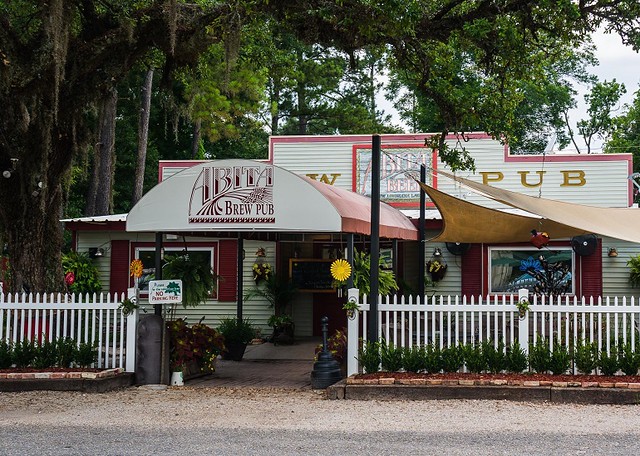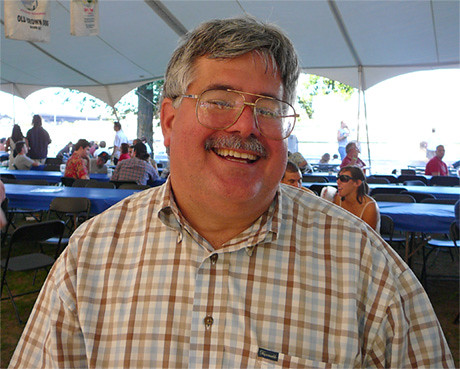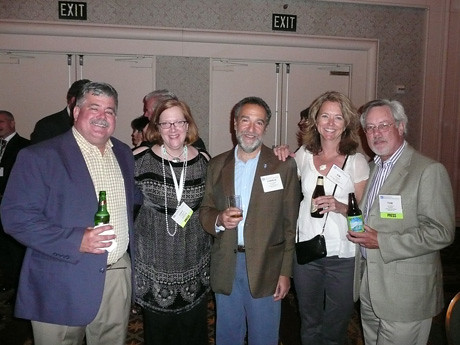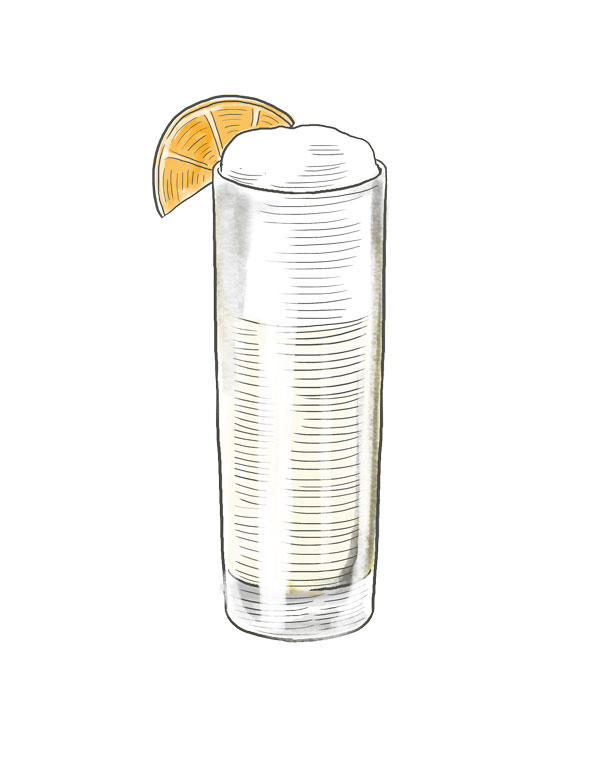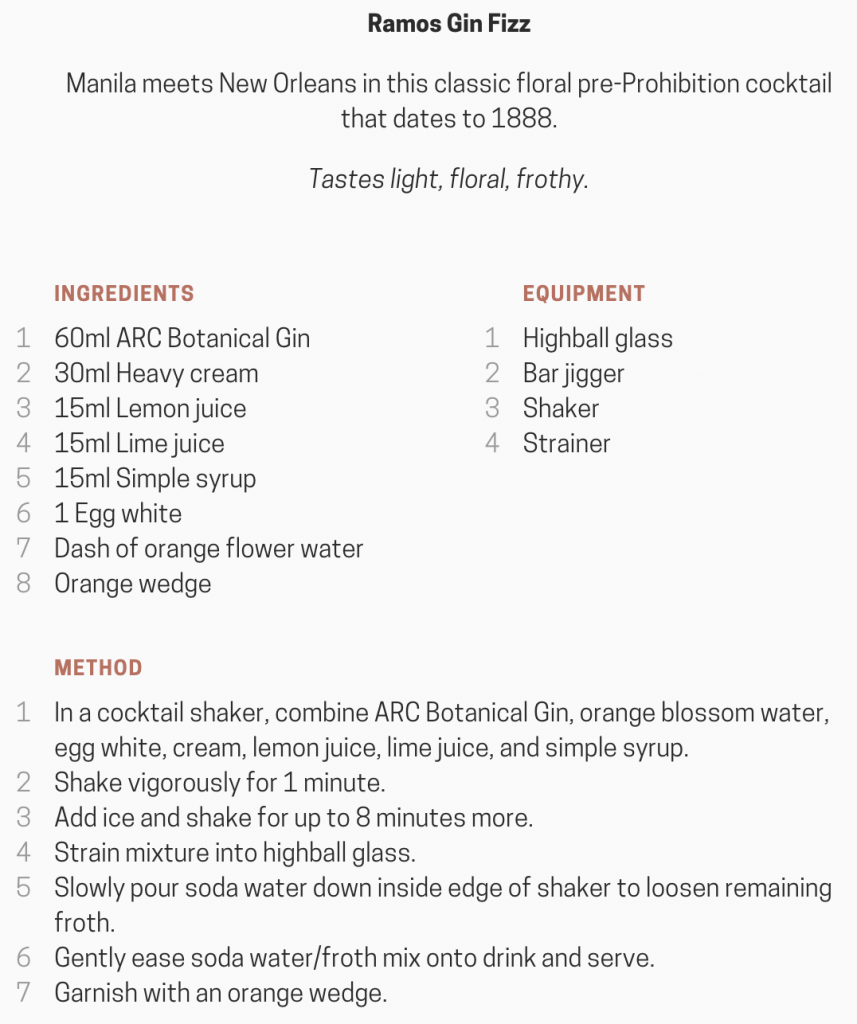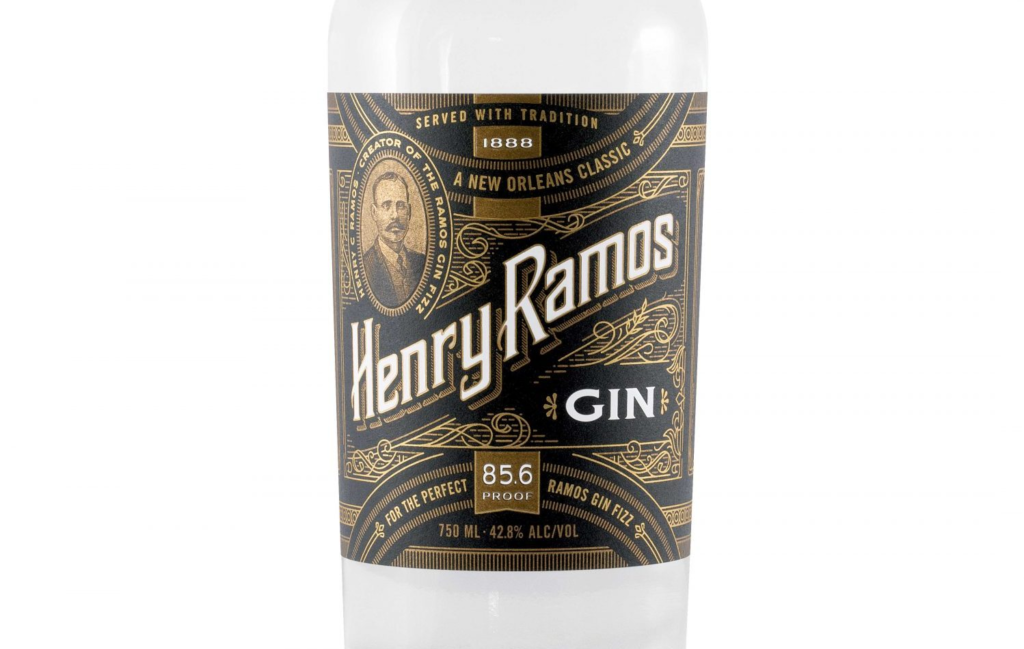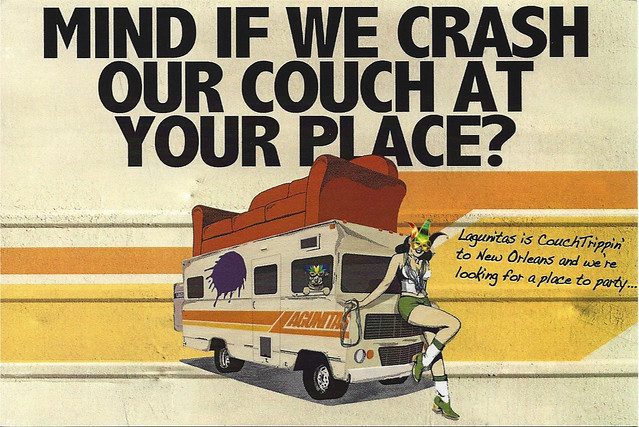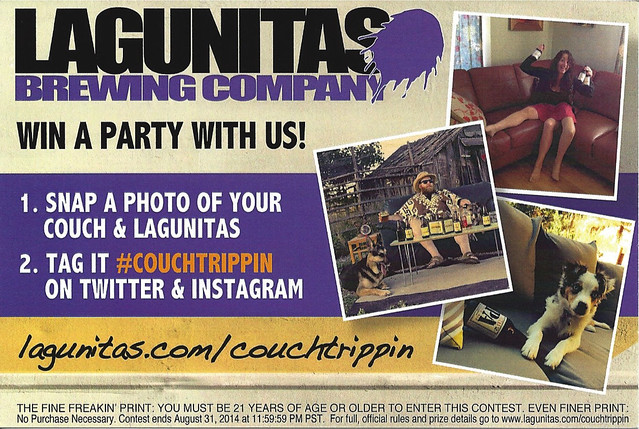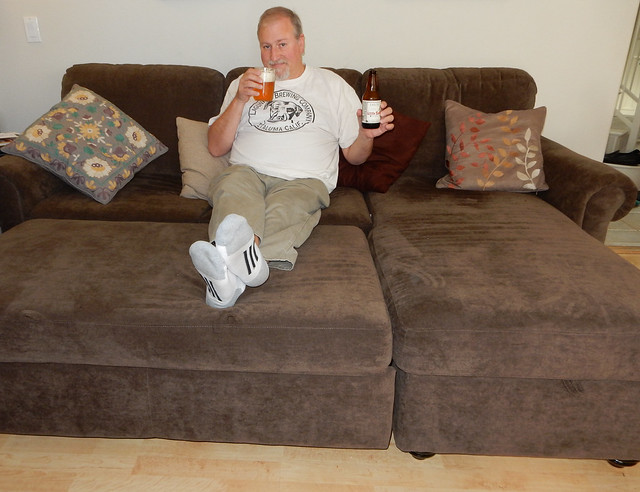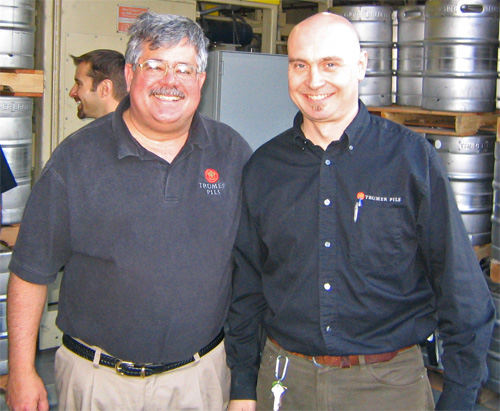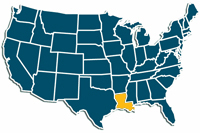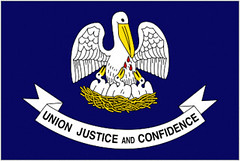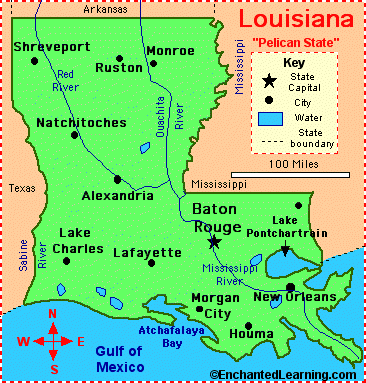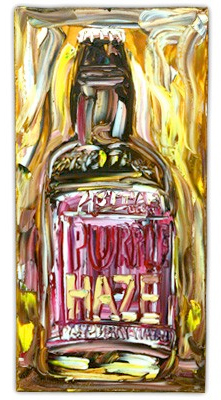![]()
Today would have been the 67th birthday of Publican extraordinaire Ray Deter, who passed away tragically several years ago after he was struck by a car while riding his bicycle in New York City. Ray was the owner of the d.b.a. beer bars in New York City (Manhattan and Brooklyn) and also New Orleans. He is most definitely missed by those of us who knew him. Please join me in raising a toast today to the memory of Ray Deter. Happy birthday Ray.
 Ray in front of the New Orleans d.b.a. with Garrett Oliver in 2003.
Ray in front of the New Orleans d.b.a. with Garrett Oliver in 2003.



